-
Recently Browsing 0 members
- No registered users viewing this page.
-
Latest Activity
-
By zzzfest2.0 · Posted
FYI the latest poster/lineup https://en.fujirockfestival.com -
Not sure what to make of this, it's a bit all over the place but there's moments of brilliance as well, if I was spangled id definitely be enjoying it.
-
That’s really not the case at all. Fair enough if you don’t like electronic music but it’s a poor take, like saying that Coldplay are same as Metallica.
-
Whilst some label klopps teams as one the greatest, finishing in the top 2 just 3 times in 9 years is woeful. whilst fergie...
-
Latest Festival News
-
Featured Products
-

Monthly GOLD Membership - eFestivals Ad-Free
2.49 GBP/month
-
-
Hot Topics
-
Latest Tourdates

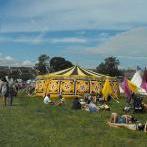
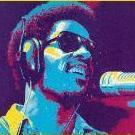

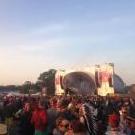


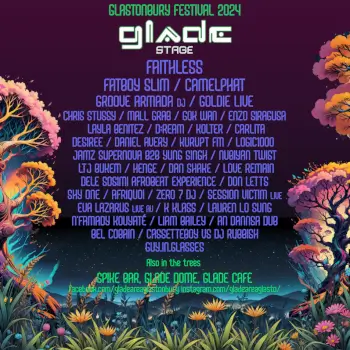
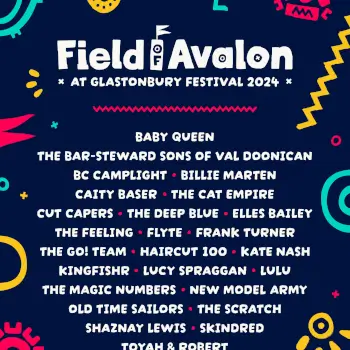
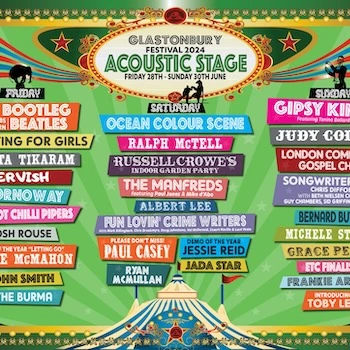
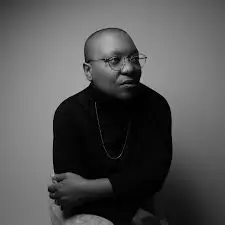
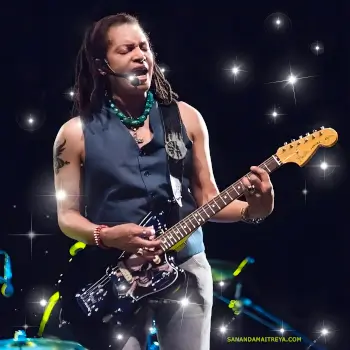
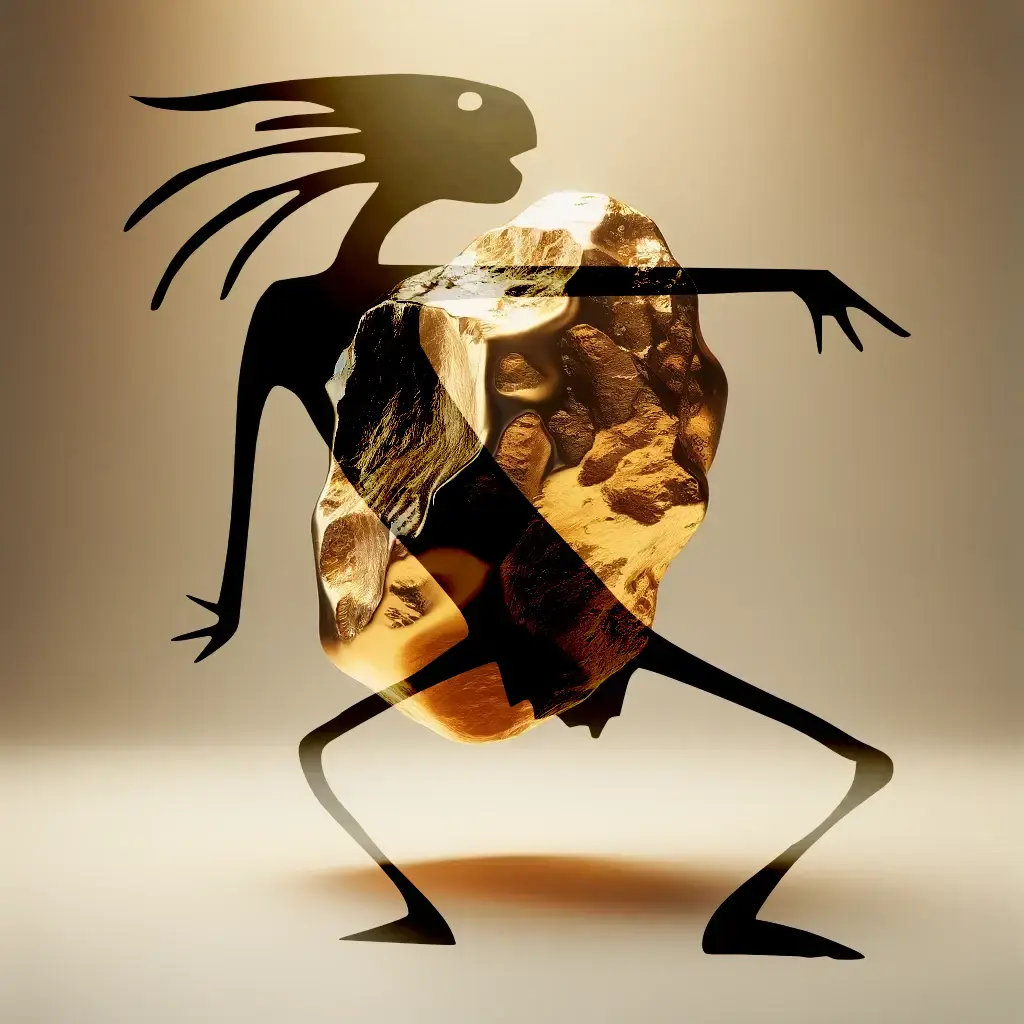


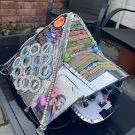
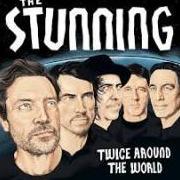
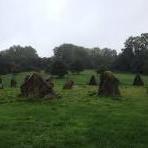
Recommended Posts
Join the conversation
You can post now and register later. If you have an account, sign in now to post with your account.